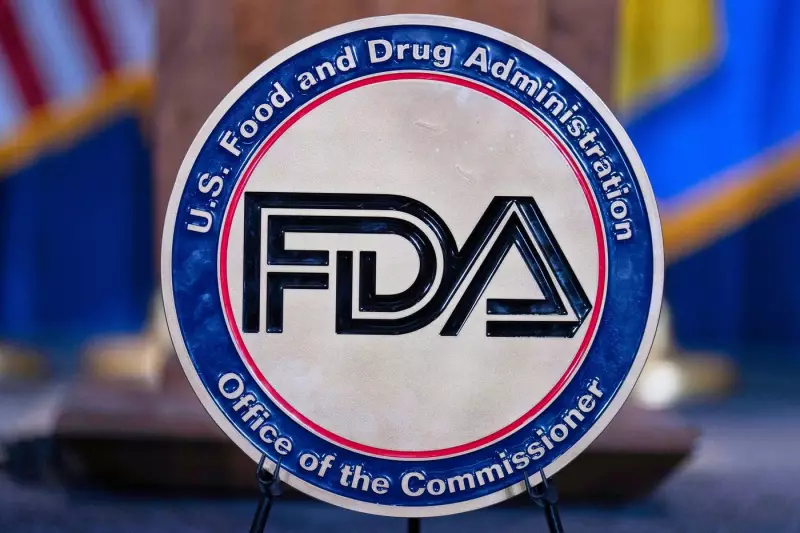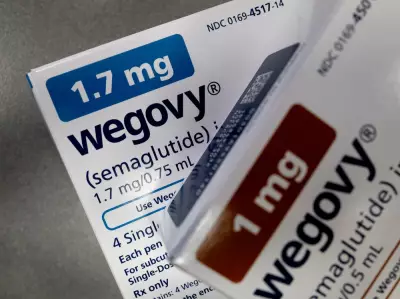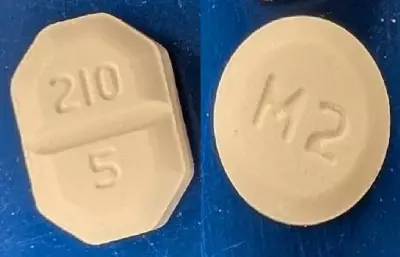
In a dramatic development that has sent shockwaves through the pharmaceutical regulatory landscape, the U.S. Food and Drug Administration's top drug official has abruptly resigned following a federal investigation into serious concerns about her conduct.
Dr. Namandjé Bumpus, who served as the FDA's principal deputy commissioner, stepped down from her pivotal role overseeing the nation's drug approval process after federal officials launched a probe into undisclosed allegations. The investigation, conducted by the U.S. Department of Health and Human Services' inspector general, examined what sources described as "serious concerns" regarding her actions while in the high-ranking position.
Leadership Vacuum at Critical Time
The resignation creates a significant leadership gap at America's premier drug regulatory agency during a period of intense scrutiny over pharmaceutical safety and approval processes. Dr. Bumpus had been positioned as a potential successor to FDA Commissioner Dr. Robert Califf, making her departure particularly noteworthy.
While specific details about the investigation remain confidential, sources indicate the probe focused on matters serious enough to warrant immediate attention from federal investigators. The FDA confirmed her departure in a brief statement but declined to elaborate on the circumstances surrounding her exit.
Distinguished Career Cut Short
Dr. Bumpus brought an impressive academic and professional background to the FDA, having previously served as the chief scientist at Johns Hopkins University School of Medicine. Her research expertise in pharmacology and drug metabolism had positioned her as one of the most qualified officials to lead the agency's drug regulation efforts.
The timing of her resignation raises questions about potential impacts on ongoing drug approval processes and the agency's ability to maintain public trust in pharmaceutical oversight. Industry analysts are watching closely to see how the FDA navigates this leadership transition while continuing its critical work evaluating new medications and treatments.
This development marks one of the most significant personnel changes within the FDA in recent years and underscores the intense scrutiny facing top government health officials in their regulatory roles.





